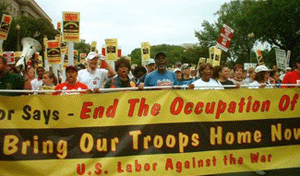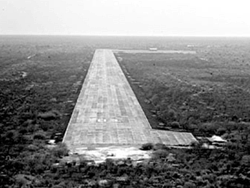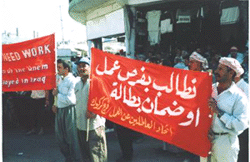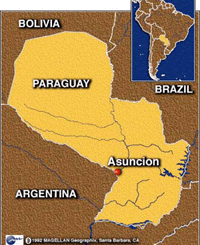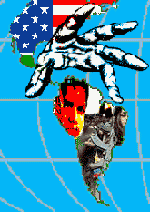
Operation Latin American Freedom
Preparations are underway for renewed US militarization and intervention in Latin America. To protect its own hegemony and economic interests, the US government is using the threat of terrorism as an excuse for military operations aimed at destabilizing leftist movements and governments and securing natural resources such as oil and gas.
By focusing on social programs in education, land reform and healthcare, many of the region's new leaders have put the needs of the people ahead of the demands of multinational companies. This leftist resurgence makes corporate investors and other harbingers of the free market nervous. Recently, the Bush administration has gone to extreme measures to ensure that this leftist trend is put in check.

